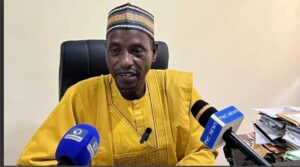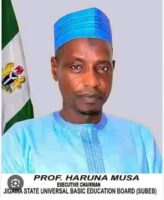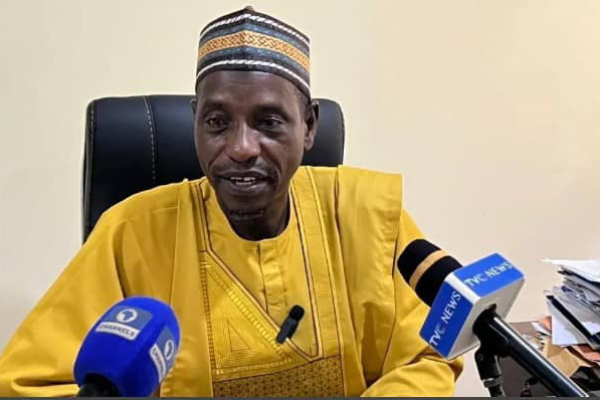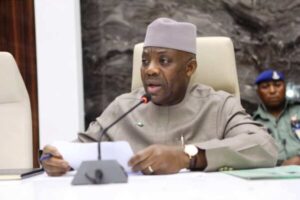Thousands of pupils in Jigawa State are at risk of leaving school without basic literacy and numeracy skills, as the state struggles with a severe shortage of qualified teachers.
Many primary and junior secondary schools operate with as few as four or five teachers, and across the state there are only about 17,000 teachers serving more than a million pupils — far below the national benchmark.


Read Also
In response, the administration of Governor Umar Namadi has recruited 3,000 new teachers, converted J-Teach temporary staff to permanent and pensionable positions, and unveiled plans for further recruitment.
The government has earmarked the largest share of its annual budget to the education sector, approved ₦500 million for teacher training, and hired foreign professionals under the “New Glove” initiative to train and retrain teachers, with the aim of ensuring quality education for all pupils.
The state also plans to test 10,000 teachers to assess their skills and identify specific training needs. Professor Haruna Musa, Chairman of the State Universal Basic Education Board, says the exercise is not punitive but designed to match resources to actual needs and improve classroom delivery.
Education experts say Jigawa’s measures — from recruitment drives to international training partnerships — are critical steps towards reversing learning poverty and ensuring that every child in the state leaves school with the skills they need to succeed.





